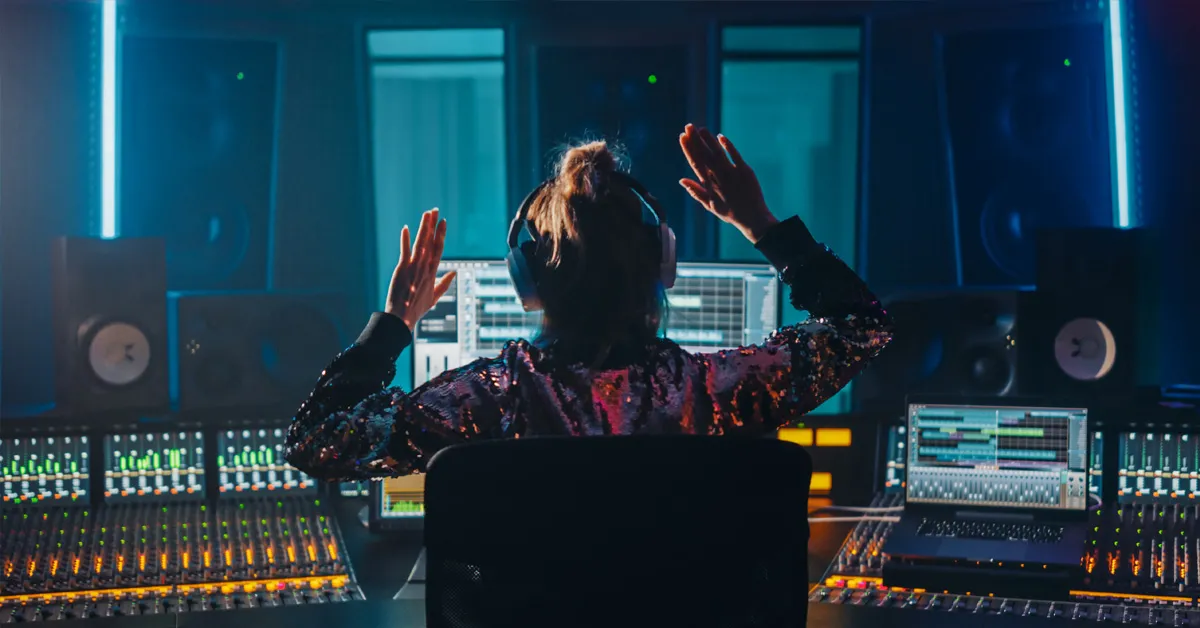Kings of Leon released their new album as a NFT and generated over $2m in a week. Next to the music, the NFTs came with live show perks or exclusive audiovisual art boosting fan communities and interaction.
In the last decades the music industry was traditionally dominated by few major global record labels. These companies were typically the driving force behind bringing most successful music artists into the market – in exchange for healthy returns.
A little more than 10 years ago the rise of music streaming platforms – like Spotify or Apple Music – promised to disrupt the industry and strengthen the artistic autonomy. While significant portions of revenues within the industry were shifted from labels to platforms, the revenue share for artists did not change significantly. Musicians typically only receive a fraction of a cent per music stream. Hence, it’s not a surprise that of the $42 bn revenue generated in the US alone, only 12% is paid to artists. Moreover, the top 1% of artists account for roughly 90% of all music streams, which means that most artists do not find a sizable audience on these music streaming platforms to make a living from their music.
The advent of blockchain technology and Web3 has the potential to change the dynamic within the music industry once more. Musicians can now release their music as NFTs (non-fungible tokens), allowing them to increase their financial stability while building a strong relationship with their fans. Known artists are already playing around with such use-cases. Kings of Leon, for example, released their new album “When You See Yourself” as NFT and generated over $2m in a single week. Next to the music itself, the NFTs came with live show perks or exclusive audiovisual art boosting fan communities and interaction.
In parallel, new platforms and business models are growing around these digital ownership mechanisms. Royal.io, for example, allows artists to sell a portion of their music to fans or investors, who in turn earn on the associated royalties. Such concepts enable artists to monetize their work while maintaining the decision-making power over which portion of their royalties they sell. Another new business model growing out of music NFTs is Audius, a decentralized peer-to-peer NFT music streaming platform with around 7 million monthly active users. It allows creators to upload their own music and to monetize it through its proprietary token ($AUDIO) instead of royalties.
Music NFTs are still in their infancy, but we are already seeing the growth opportunities (and risks) associated with this new technology. Significant value may be captured if monetization mechanisms are constructed successfully and coupled with the strong marketing, branding and community-building effects that NFTs can have. Players in the space will have to systematically assess what these new ownership primitives mean for their business and revenue models.










